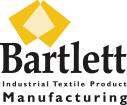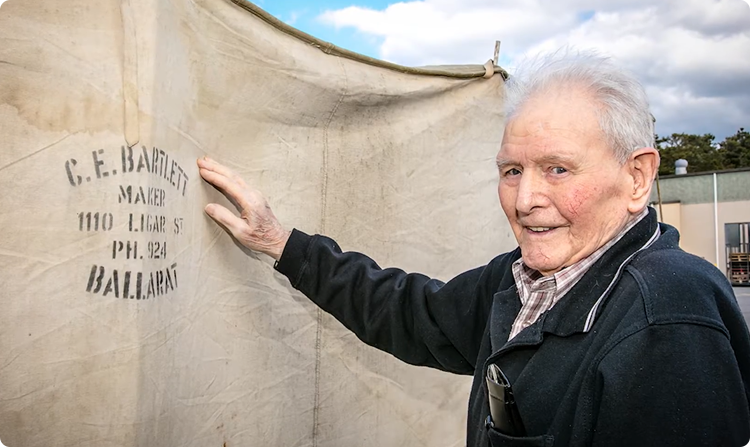
Our Proud History
Continual growth based on a total commitment to service and quality, along with ongoing re-investment in new technologies have seen Bartlett stand the test of time, today being a leader within the industry.
Not simply keeping pace with new technology, Bartlett have often lead the way, developing new fabrication and sealing techniques for woven synthetic fabrics leading to faster, stronger and more durable fabric welding techniques. Bartlett works closely with fabric producers and has, over the years, introduced many new fabrics specific to product and market needs.
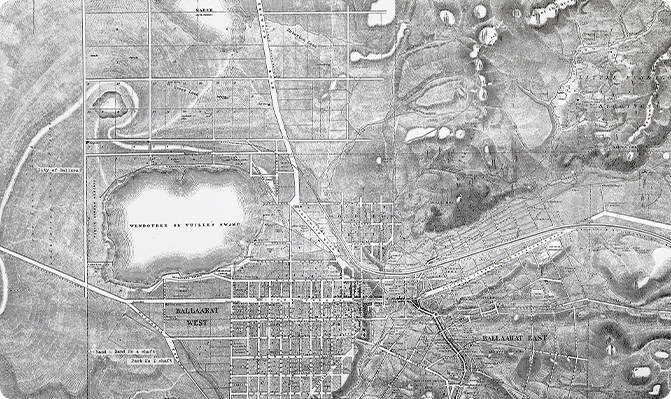
1800's
Early Ballarat
Ballarat grew quickly during the 1850's goldrush and became a prosperous city. By the 1950's it had many agricultural and manufacturing industries. One being railway, which would inevitably lead a young Cliff Bartlett to the city.
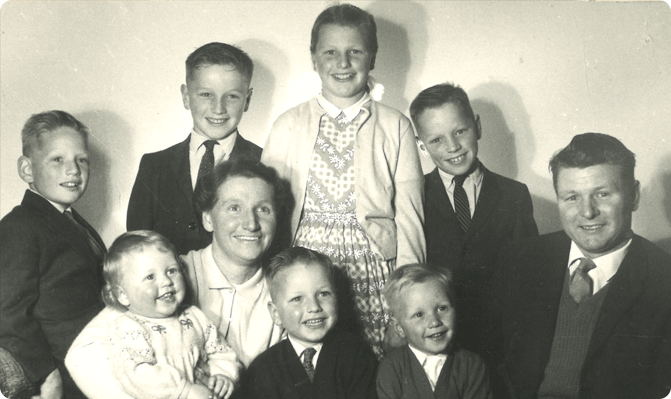
1954 - 1956
Cliff and Joyce, a growing family
Cliff Bartlett grew up in Geelong and repaired tarps for the railways and Army. Later, he and Joyce had eight children and lived in Ballarat.
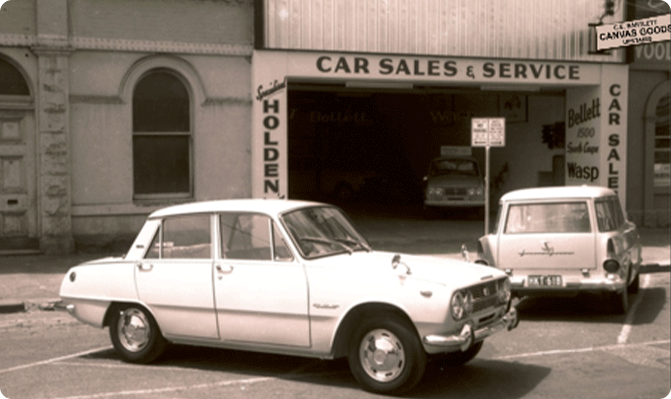
1956-1969
Beginnings
In 1956 Cliff established a part-time, home-based canvas business to support his large family (whilst still working for the railways). As business grew, by 1960 he had moved to a shopfront in Ripon Street and in 1963 to a larger premise in Mair Street Ballarat.
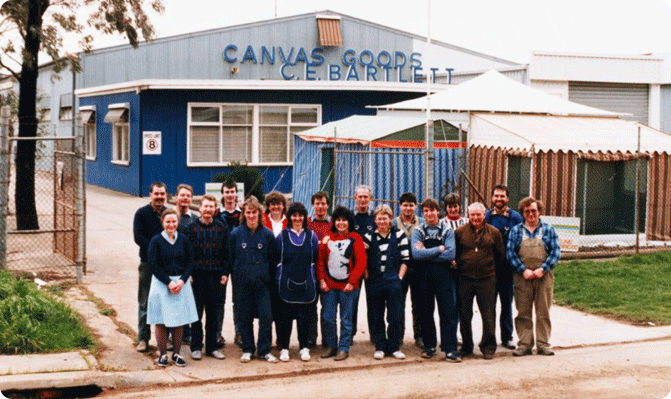
1970
Learmonth Road Factory
As the business continued to grow, in 1970 the business was relocated to Learmonth Rd in Wendouree (Ballarat). Canvas caravan annexes were the main product, although synthetic products such as PVC started to emerge in the industry.
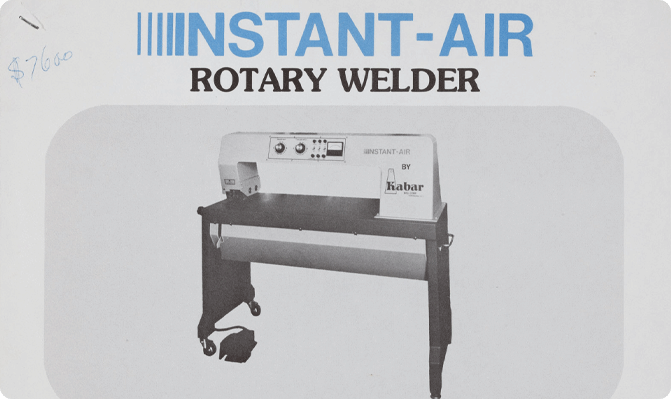
1978 - 1982
Welding Technology
In 1978 Cliff Bartlett introduced the first High Frequency Welder to Australia, opening up many new opportunities with the worlds latest synthetic fabric innovation called PVC. A few years later Cliff purchased a Kabar Rotary Welder catering for Polypropylene, Polyethylene and PVC based fabrics.
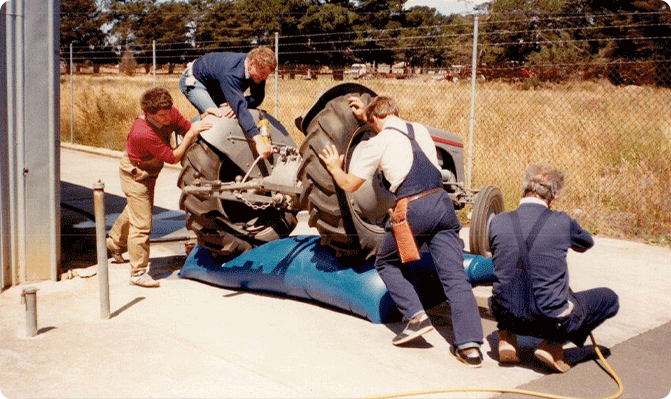
1980's
New Products 'the boys will work it out'
During the 1980's, the growing business manufactured a diverse range of items. Cliff and Joyce's sons, known as 'The Boys' were actively working in the business, and undertook considerable product experimentation.
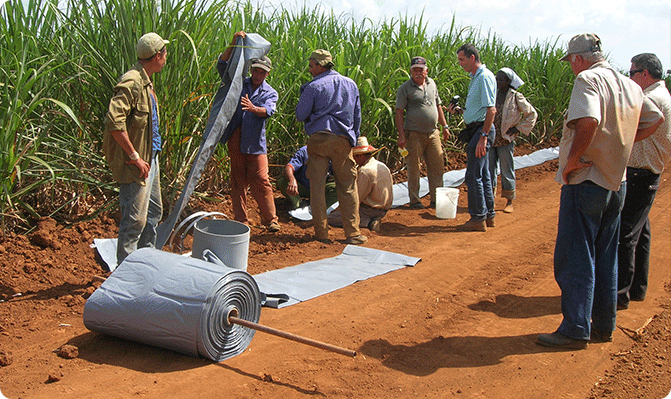
1980’s
Beyond Australia
During the 1980's, the business continued to expand into new markets. The company exported items to many countries. The main products included Flexiflume, wine press membranes, PAC's and tankliners.
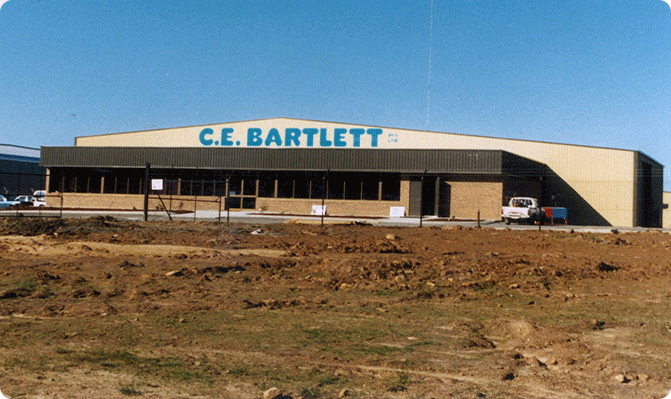
1988
A New Home
With continued growth and need for space, in 1988 Bartlett moved to 172 Ring Road Wendouree (Ballarat). The factory was purpose built, with 3,500 sqm production space. Product diversity and increased staff numbers continued.
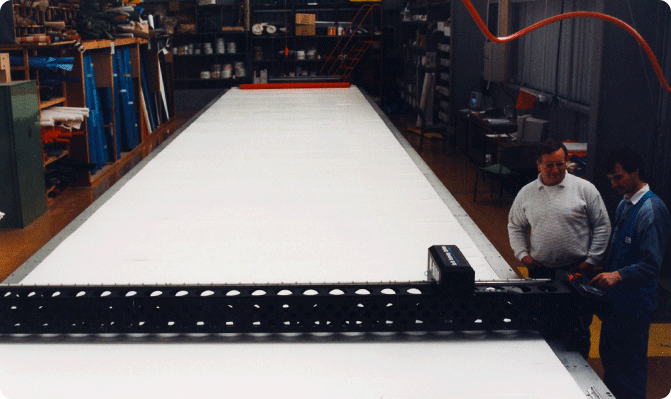
1994
Plotter Cutting Machine
Introduced in 1994 was the first computer aided design plotter cutting machine. This process removed manual hand cutting, and allowed accurate repeatable cutting to take place. This continued the strategic investment in world leading technology for the business.
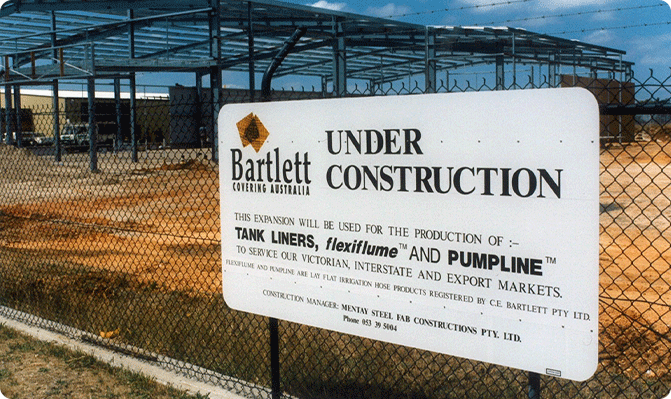
1995
Tankliner Factory
As Bartlett's tank liner division continued to expand, in 1995 a second 2,300 square metre factory was built on the Ring Road site, with bespoke machinery commissioned exclusively to produce water tank liners. This technology and machinery is still world leading today.
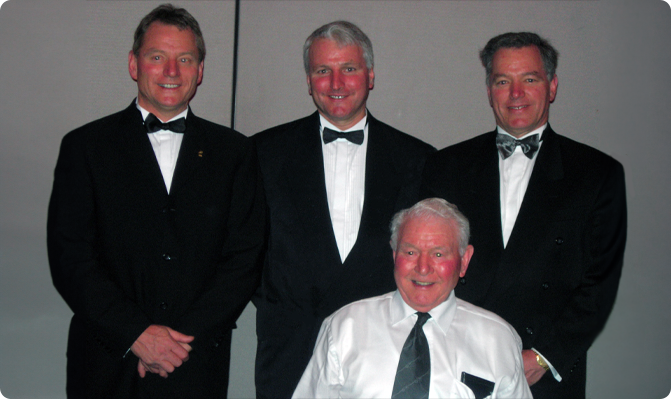
Early 2000's
Innovation & New Directions
In the new century the company continued to grow and make a diversity of items. With the establishment of a Senior Management Team, that consisted of Cliff, John, Keith and Max Bartlett, a new direction emerged.
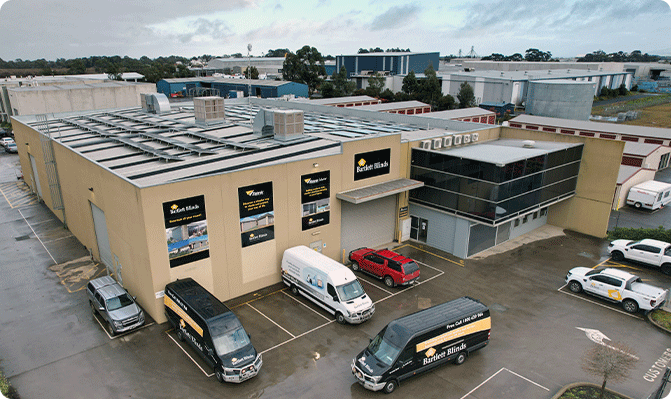
2005
Bartlett Blinds Factory
As the Blinds Division grew, in 2005 a third 1,600 square metre dedicated factory, offices and showroom was built for Bartlett Blinds at 16 Grandlee Drive, Ballarat VIC. This allowed for exponential growth into interstate wholesale selling of blinds and awnings.
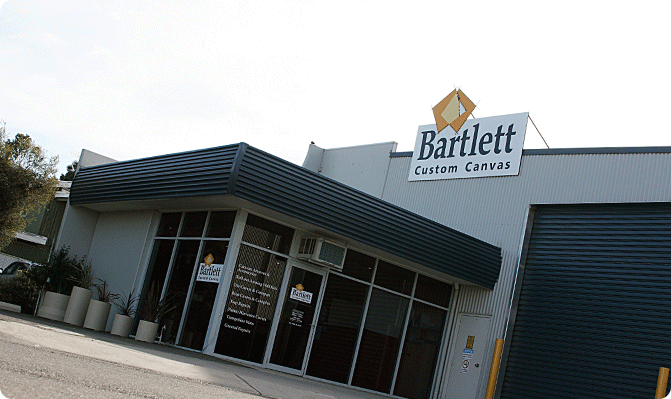
2005
Custom Canvas Factory
Setup in 2005 was the fourth 650 square metre factory at Mentay Way, Ballarat. The factory, office and showroom was the dedicated home for Bartlett Custom Canvas. This was considered the 'grass roots' of CE Bartlett, often mirroring a local service provided decades earlier.
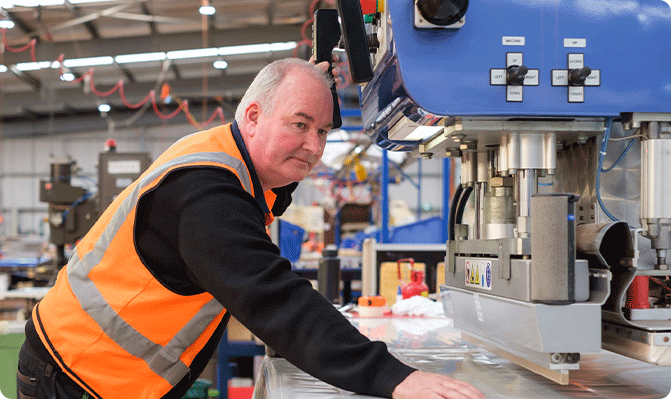
2020's
Towards the 2020's
Under the leadership and guidance of 'The Boys' John, Keith and Max; Bartlett has become a successful and modern industrial textile fabrication company. By continually investing in new technology and our people, Bartlett has evolved to supplying profitable niche products across Australia and the globe.
